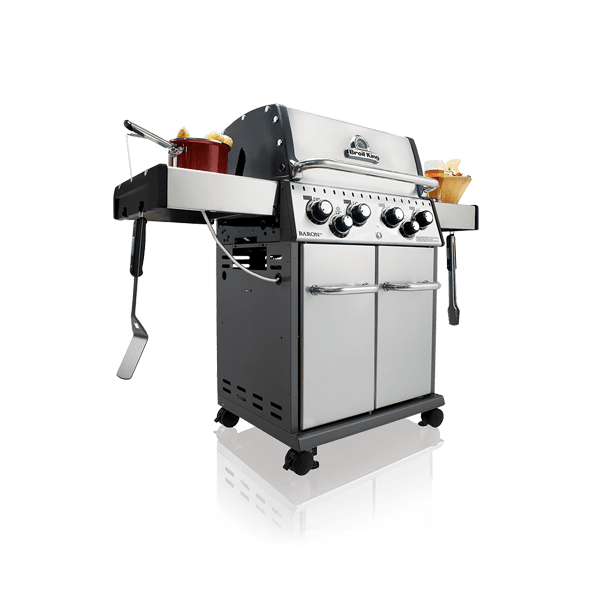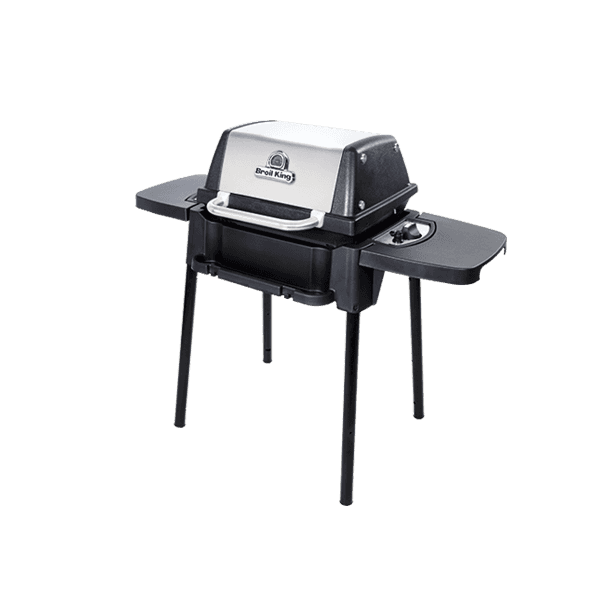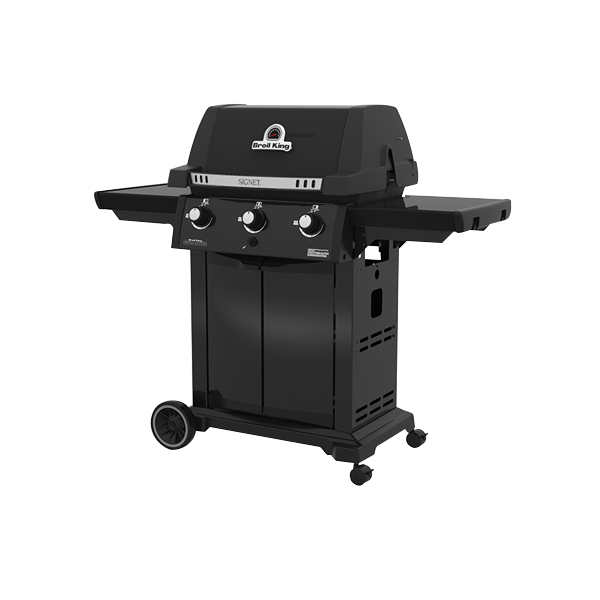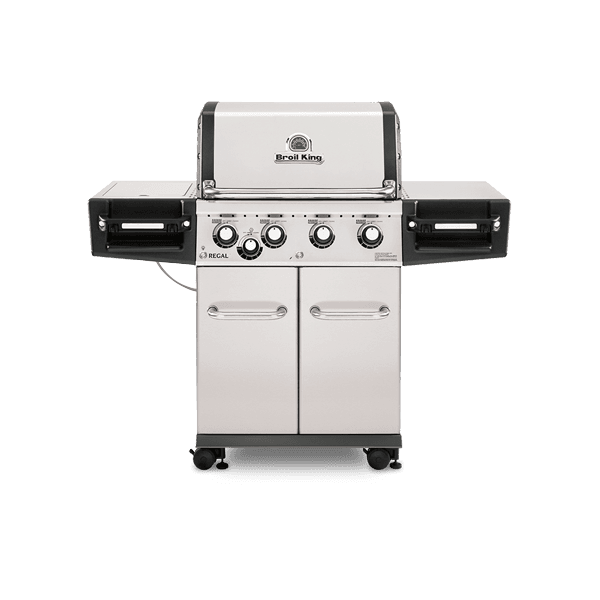archive
For the Pork Tenderloin: 2 pork tenderloins 1 cup apple cider 2 tablespoons maple syrup 1 tablespoon cider vinegar 2 tablespoons grainy mustard 2 tablespoons olive oil For the Apples: 3 apples, cored, peeled and quartered ½ cup apple cider ½ cup maple syrup ½ teaspoon kosher salt For the Caramelized Onions: 1 large Spanish …
Apple Pork Tenderloin Crostini Read More »
A farmers market truly is a one stop shop for all your grilling needs. From local fresh fruit and vegetables to meat, poultry and even sea food the farmers’ market offers as much versatility as your barbecue does. Put some freshness on your plate. Farmers’ markets allow farmers to pick produce at the peak of …
The Farmers’ Market is a Griller’s Paradise Read More »
Whether you’re cooking for four or 24, a well-thought out plan of attack is vital. Here are a few tips to make your next (or first) cook-out a sure fire success, and not just another offering of charred burgers and hot dogs. Plan ahead: have your menu planned several days in advance. Do your grocery shopping …
Rule the Grill – Outdoor Entertaining Basics Read More »
Whether you’re a burger flipper or a culinary explorer, having the right tools to do the job is well worth it. This will make your life easier and the right accessories will also create the best possible result for whatever grilled masterpiece you’re working on. Tongs: These are the ultimate go-to grilling tool. Find a …
The essential accessories for the serious griller Read More »
Slow smoked chicken, ribs, and brisket are staples of traditional American barbecue. The deep smoky flavours and fall-off-the-bone tenderness is a hallmark of the low-and-slow (low temperature, cooked over a long time) cooking technique. Originally, open pit fires were used for the slow cooking process. Luckily, now with a smoker box, wood chips and a …
A Guide to Grilling with Wood and Smoke Read More »
Nothing tastes better than freshly caught fish, grilled to perfection out in the open air. The following is a quick guide to grilling common cuts of Fish and Seafood. Direct Grilling Some firm-fleshed fish steaks like swordfish, tuna, salmon and halibut can be directly grilled with Perfect Grill Marks. CUT OF MEAT MEAT THICKNESS HEAT …
Grilling Guide – Fish & Seafood Read More »
A unique and delicious way to grill food is by using a wooden plank. This is a surefire way to get delicious results and wow your dinner guests. The smoke created from the plank sitting directly above a lit burner infuses the meat with unsurpassed grilled flavour. Using a plank is simple Soak it in …
Grilling with a wooden plank Read More »
Using wood smoke to enhance barbecued meals may seem like an over-and-above addition to modern barbecue cooking; however, many cultures have used wood smoke for centuries to preserve and flavour meats. Think of smoking as another seasoning to add to grilled favourites. Like any seasoning, it is important to balance it with the existing flavours …
Smoking – Wood Chips Create Outstanding Results Read More »
Marinades can be used to create interesting dishes full of flavour. Marinades are used to tenderize cuts of meat that are a little tough and help increase their juiciness. Most marinades include an acidic component such as lemon juice, wine or vinegar in addition to herbs, condiments, oils and spices. The acidic component is what …
Add Flavour with Marinades Read More »
Marinades can be used to create interesting dishes full of flavour. Marinades are used to tenderize cuts of meat that are a little tough and help increase their juiciness. Most marinades include an acidic component such as lemon juice, wine or vinegar in addition to herbs, condiments, oils and spices. The acidic component is what tenderizes the meat while helping to balance out the sweet or spicy flavours of the marinade. In addition to being delicious, studies show that marinades are also nutritious!
Oils
The oil content in a marinade locks in the natural flavour of the food and prevents it from drying out. Some oils can also add flavour. Good oils for marinating include olive, sesame, peanut and infused oils (such as chilli).
Acids
These ingredients tenderize meat by unravelling its proteins – this softens the surface and allows flavours to be absorbed. Acids include vinegar, wine, sherry, citrus juice, yogurt and buttermilk.
Seasonings
These provide the unique flavours. Garlic, ginger and onion are great starting points but you can also use fresh herbs and chilli to spice things up, or honey and sugar to sweeten your food. Seasonings include citrus peel, soy sauce, mustard, salt and pepper, and herbs and spices.
Marinating Basics
As a general rule, the longer food is left to marinate, the more flavourful it will become. However, the ideal marinating time usually depends on what you’re marinating, the size of the ingredients and the type of marinade you are using.
Small or tender cuts, such as lamb and beef fillets, chicken breasts and seafood, require shorter marinating times (usually two to four hours). Larger or tougher cuts such as leg, rump or shoulder will need longer (usually four to six hours).
Be careful when using acidic marinades. Foods left too long in these blends can change colour and texture. Fish fillets, for example, can change in a matter of minutes.
Safety tips
Marinades used for raw meat or poultry can be used to baste ingredients as they cook, or for a sauce, but they need to be boiled first. Place the marinade in a saucepan over high heat and boil for 5 minutes. This will kill any harmful bacteria.








